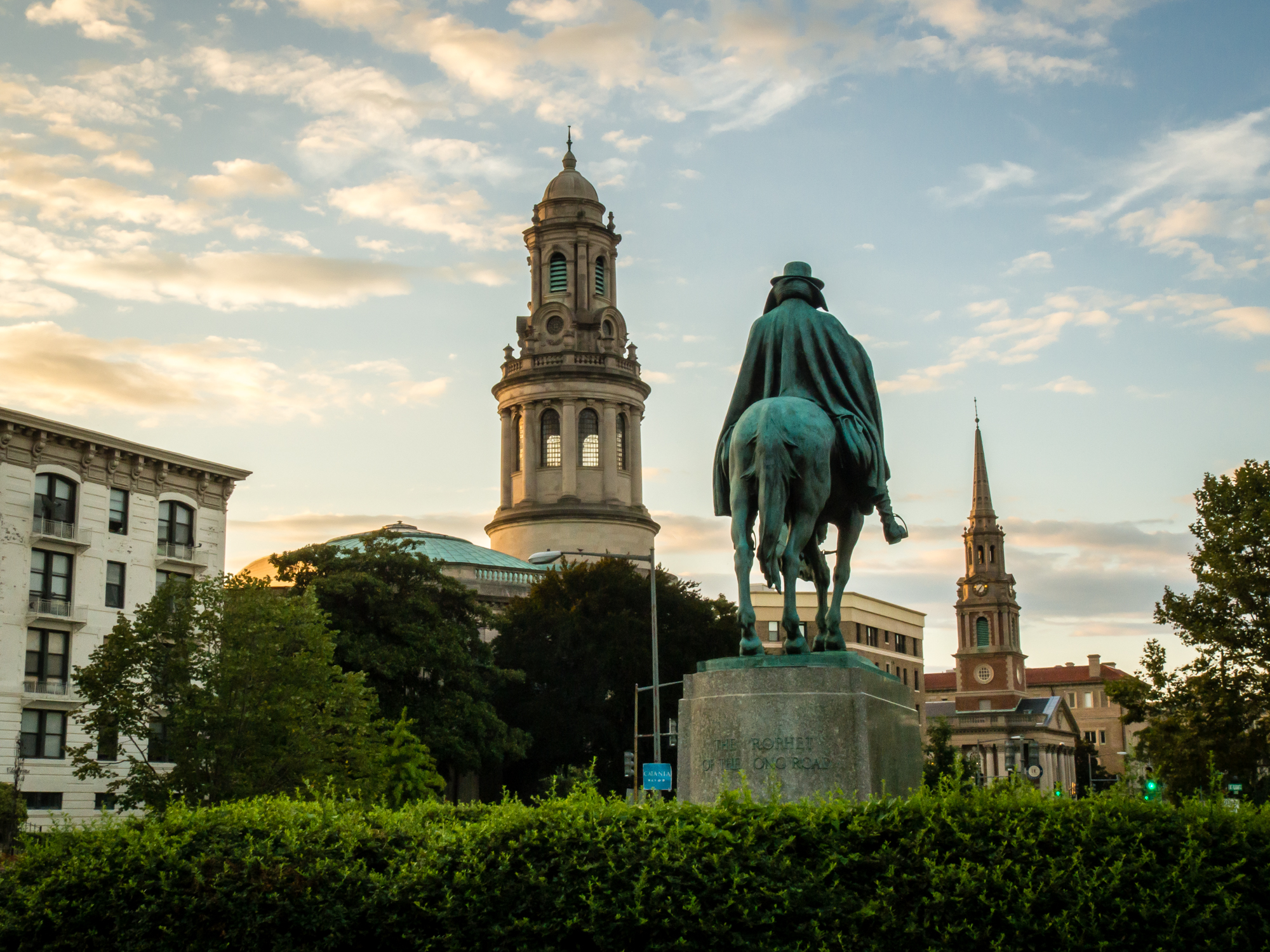In October 1771, Francis Asbury traveled to America from Great Britain at the behest of John Wesley. During his 45 years here, he devoted his life to Great Commission ministry, traveling thousands of miles on horseback and by carriage to reach those living across the vast frontier. He superintended hundreds of circuit-riding preachers and church plants/preaching points. In so doing, he spread Methodism in America as part of the Second Great Awakening.
Across the years, Asbury sought to instruct and encourage his protégés through sermons, conversation, and personal correspondence. In this and upcoming articles we will survey Asbury’s advice to his young preachers on how they might impact their spheres of influence. The ten letters that we will examine in this series touch upon five basic arenas: the pastor’s relationship to God, preaching, pastoring, attitude, and discipleship. This month we cover Asbury’s advice on the pastor’s relationship to God. These all-important dynamics not only cultivated spiritual fitness in the life of Asbury’s pastors but also set a precedent for Methodists across the American frontier.
The necessity of spiritual exclusivity. “Live to God,” Asbury wrote to Edward Dromgoole, in January of 1775, even before he was a bishop, “and give up every idol and not let one stand in the Temple of the Lord.” This “living to God” meant yielding precedence to no other. To make a commitment of heart and soul to Him necessitated that the preacher say “no” to all else and be willing to tear down competing obsessions that diverted attention from the Great Commission and the Great commandments. “O!” Asbury once wrote in his journal, “I greatly long to be swallowed up in the will of God” (9/14/1774). He yearned for his preachers to be similarly impassioned.
The importance of depth and wholeness. “Drink deeper into God,” Asbury penned to Nelson Reed in May of 1791, and “push on the blessed work more and more.” To George Roberts in 1802, he pleaded, “I wish you to be wholly for God.” This call to go “deeper” and to “be wholly” has always been the key distinctive of Methodism. But it never sufficed that this life of entire sanctification might be for the preacher only; “push on the blessed work” was the heart-cry of the burgeoning movement. Asbury’s journal entries were instructive on this point as well: “I had but few hearers; and some of these made their escape when I began to insist on the necessity of holiness – a subject which the Antinomians do not like to hear pressed too closely” (2/10/1785). Still, few hearers or not, “I only wish to be holy; and then let come whatever the Lord pleases” (9/11/1794).
The call to hardship. “You will be called for greater services and suffering in the ministry,” Asbury cautioned Joseph Frye toward the end of his life (August 1813). So… “Be faithful, keep thyself pure, make great sacrifices for God!” What a powerful emphasis from an older saint to a younger one: You will be called to great service, but with that privileged service will come pain. Are you ready? Are you willing?
“Purity of heart is to will one thing,” Soren Kierkegaard’s book title famously declared. That one thing for Asbury was a sure planting of the gospel across the various regions of America. In the contemporary age as in centuries past, faithfully acknowledging this “one thing” is a matter of self-denial and cross-bearing. It is never easy and can sometimes bring great trials. That is the price which must be paid for great movements of God. Asbury himself was able to hold the pain of discipleship in perspective: “…the more I suffer, the better it will be in the end, if it is for souls I labour and suffer” (Journal, 6/14/1780).
Advantages of the pure passion of youth toward the Lord and His work. In the same letter in which Asbury writes of suffering, he also commends the fledgling pastor for his…youth.
I am never afraid to trust young men. The same measure that has been meeted [sic] to me, I meet [sic] back. Great confidence was put in me, a boy! Young men are strong in body, and mind, not skilled in craft, not the same temptation to ease and indulgence as aged. I have never repented of the confidence I have put in you and thousands.
Asbury was almost assuredly recalling the day when Wesley wondered aloud who from amongst his younger men in England would venture to America. Asbury raised his hand, and sending him was the best decision the father of Methodism ever made for the perpetuation of the movement. A young man traveled to America and changed it, by the grace of God. He became, in the words of Dennis Kinlaw, “The most important American that ever lived.”
Keith Green, the late singer/songwriter, once wrote a song to his wife that declared, “Moments of truth, we truly dare not waste our youth, we truly dare not waste our youth.” Early years of young people are a gift to the ministry. They have, according to Asbury, a unique capacity to devote themselves to God. Asbury did; he hoped that the movement Wesley entrusted to him would continue to flourish even after his death with the blossoming efforts of such youthfulness.
Asbury’s dream was not disappointed. Methodism thrived and the gospel was firmly rooted because of the maturing youth movement he established.
—
Learn more about Francis Asbury by reading directly from his journal and letters. Enjoy the fine work of this collection of personal writings, edited by Matt Friedeman. Get Swallowed Up in God: The Best of Francis Asbury’s Journal and Letters here.



